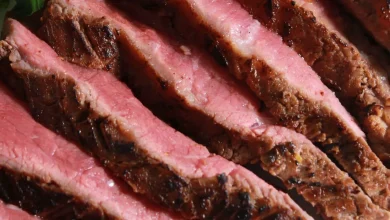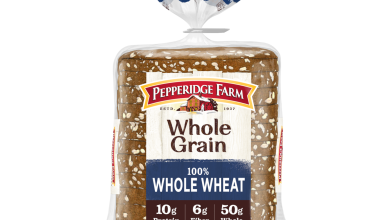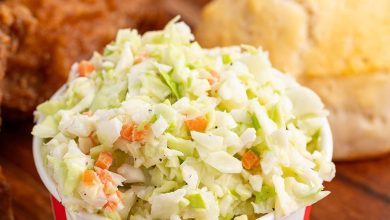Salt Pork: Nutritional Facts, Uses, and Cooking Tips
Salt Pork (Raw)
Salt pork is a traditional cured meat made from pork, typically from the belly or back, and salted to preserve it. This ingredient is commonly used in cooking, especially in hearty dishes like stews, beans, and soups, adding a rich, savory flavor due to its high fat content.
Nutritional Information (per 100g):
| Nutrient | Amount |
|---|---|
| Energy | 748 kcal |
| Protein | 5.05 g |
| Fat | 80.5 g |
| Saturated Fat | 29.38 g |
| Carbohydrates | 0.0 g |
| Fiber | 0.0 g |
| Sugar | 0.0 g |
| Calcium | 6.0 mg |
| Iron | 0.44 mg |
| Magnesium | 7.0 mg |
| Phosphorus | 52.0 mg |
| Potassium | 66.0 mg |
| Sodium | 2684.0 mg |
| Zinc | 0.9 mg |
| Copper | 0.05 mcg |
| Manganese | 0.005 mg |
| Selenium | 5.8 mcg |
| Vitamin C | 0.0 mg |
| Thiamin (B1) | 0.215 mg |
| Riboflavin (B2) | 0.061 mg |
| Niacin (B3) | 1.62 mg |
| Vitamin B6 | 0.08 mg |
| Folate (B9) | 1.0 mcg |
| Vitamin B12 | 0.29 mcg |
| Vitamin A | 0.0 mcg |
| Vitamin E | 0.0 mg |
| Vitamin D2 | 0.2 mcg |
Allergen Information:
Salt pork contains no common allergens but is high in sodium and fat. It is also important to note that since it is a pork-based product, individuals with pork allergies should avoid it.
Dietary Preferences:
Salt pork is not suitable for vegan or vegetarian diets due to its animal origin. It is also high in sodium and saturated fat, so it may not be ideal for those following low-sodium, low-fat, or heart-healthy diets.
Usage Advice:
While salt pork is a flavorful addition to many dishes, it should be used in moderation, given its high fat and sodium content. It is particularly suited for flavoring savory dishes such as beans, soups, and stews. When cooking, you may want to reduce the amount of added salt in the dish to account for the salt content in the pork.
Conclusion:
Salt pork is a rich, savory cured meat with a high fat content that adds depth and flavor to a variety of dishes. However, it is important to be mindful of its nutritional profile, particularly the sodium and saturated fat levels, and to use it judiciously in recipes.








